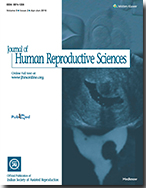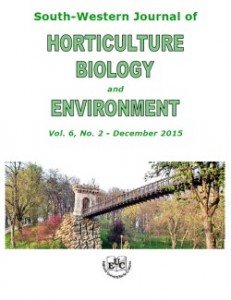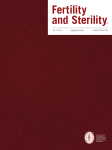
Sometimes you have the right guy, but charge him with the wrong crime — like nabbing someone for not using a turn signal after he just ran through a red light.
A reproductive sciences journal has admitted to mistakenly retracting the wrong article last year — and is now pulling the previously issued retraction notice, along with retracting a different paper by the same author.
K. P. Suresh, author of both studies (the previously pulled one and the newly retracted one) from the National Institute of Veterinary Epidemiology and Disease Informatics in Bengaluru, Karnataka, India, appealed the journal’s 2015 decision to retract his previous paper. As we reported at the time, Suresh argued that his 2012 paper was “entirely different” from the study it is said to have plagiarized from. It turns out, he may have been right, because now the journal has pulled a different paper of his, published in 2011.
According to one of the notices, the Journal of Human Reproductive Sciences previously retracted the incorrect paper due to “technical errors.”
In both cases, the journal cited the reason for retraction as “duplicity of text.”
The journal has now issued another retraction notice for the previously published notice, which reads: Continue reading Oops — journal retracted the wrong article




 With so many
With so many 



